I Gave Up Sugar for 30 Days and This Is What It Did to My Body

Most of us can relate to having a sweet tooth and indulging in our favorite not-so-healthy treats, but too much added sugar can negatively impact our health in a major way. According to the American Heart Association, men should not have more than 9 teaspoons of added sugar a day, which equates to 36 grams or 150 calories, and women should not have more than 6 teaspoons of added sugar a day, which is 25 grams or 100 calories, but many consume more than the recommended amount. “Adults and young adults in the U.S. consume on average about 17 teaspoons of added sugar every day, more than 2 to 3 times the recommended daily allowance for men and women respectively,” the AHA states. Eating too much sugar is a big concern because certain cancers, heart disease, obesity, diabetes, depression, liver disease and more have been linked to high amounts of sugar, per Loyola Medicine. Plus it can make you feel sluggish and overall not well, which is why some totally eliminate sugar from their diet. Best Life spoke with people who cut out sugar for 30 days and this is what happened. You’ll be amazed at some of the results.
RELATED: Low-Calorie Sweeteners Can Hurt Your Heart.
I Gave Up Sugar to Reduce Inflammation
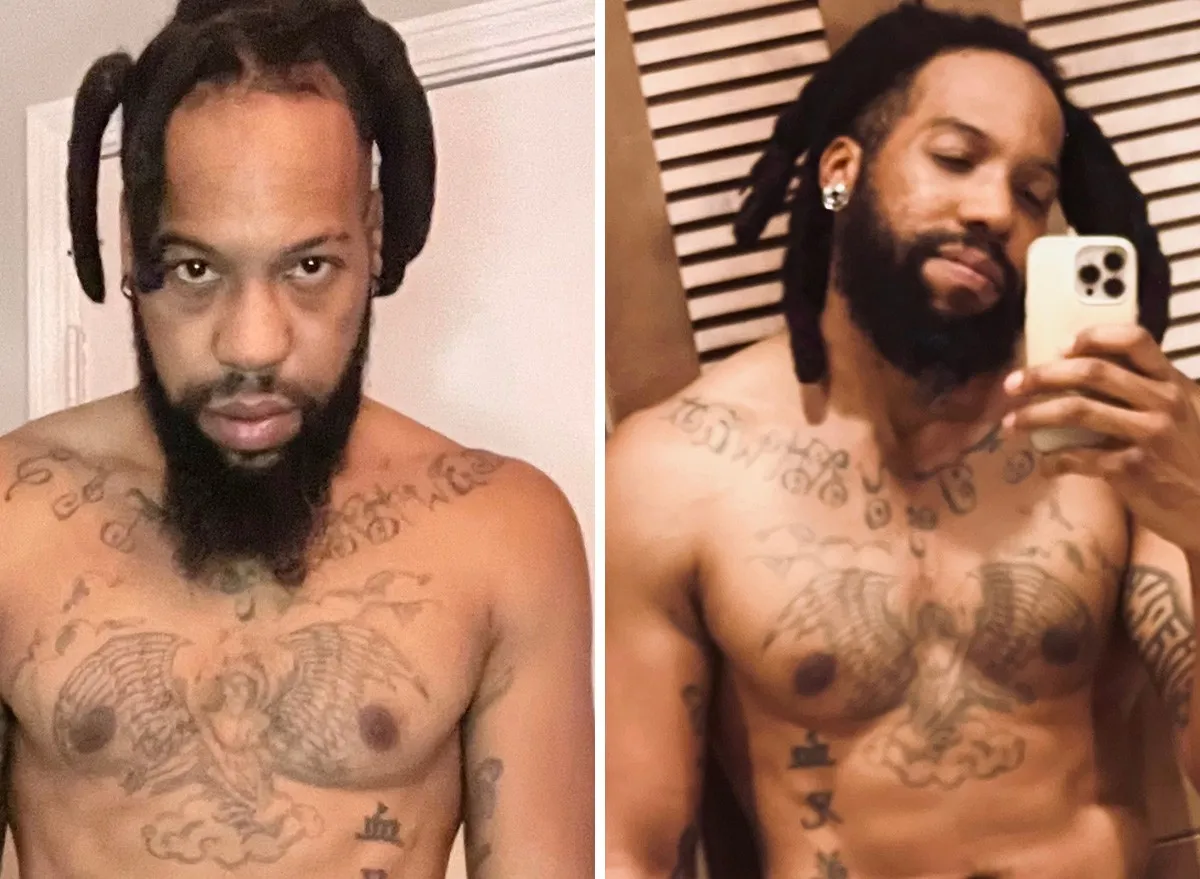
Like many people, P.S. Wilson, the Chief of Wellness for Private Home Care & Corporate Wellness, gave up sugar to feel better. “I already ate relatively healthy food, but I realized that despite my best efforts, I was still dealing with severe inflammation,” he says. “My wrists would swell, and I had persistent pain in my chest and back. I knew something wasn’t right, so I took a closer look at my diet and identified sugar as a possible cause.” Wilson couldn’t believe how much sugar he was actually eating and how it affected him. “I hadn’t realized how much I was consuming or how addictive it had become until I decided to eliminate it,” he explains. He adds, “After cutting out sugar, fasting, and carefully monitoring my eating patterns, I saw significant changes. The inflammation and pain disappeared, and I felt like my body was finally healing from the inside out. It was a reminder of how powerful our dietary choices can be in managing my health.”
No Sugar Helped Me Manage Celiac Disease
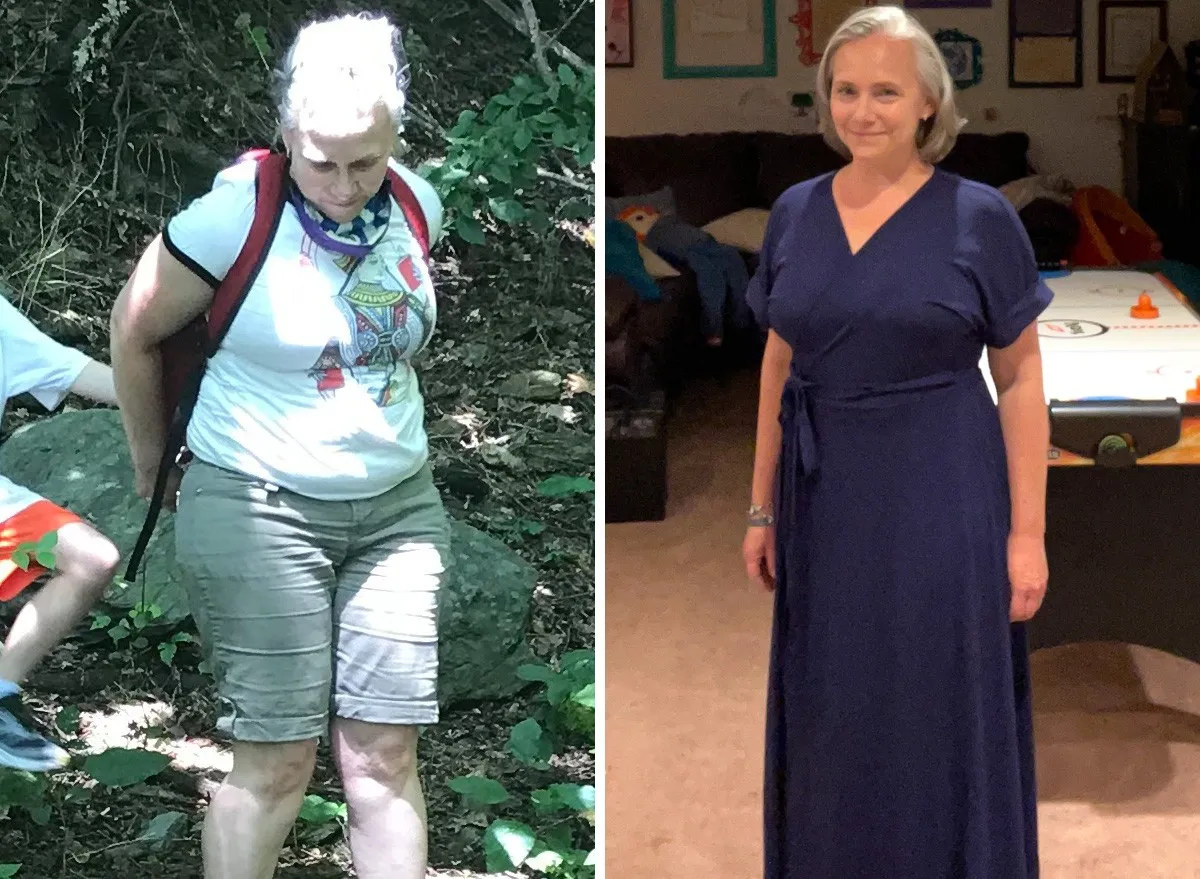
Marni Penning Coleman, an audiobook narrator and actress, has struggled with Celiac disease for years. For the last two decades she’s been gluten-free, but still experienced unpleasant symptoms. “My sister was doing the FODMAP diet and found out that she reacted poorly to High-Fructose Corn Syrup, so I cut that out of my diet and began feeling better immediately, but would still have occasional bouts of gastrointestinal upset,” Coleman shares. “Then, one day, I had nothing to eat but had some sweet tea and became ill. Then, nothing but a marshmallow and became ill. I reasoned it was sugar and cut it out of my diet entirely.”
I Had Intense Cravings

Giving up sugar isn’t easy. It’s highly addictive, plus it’s in everything, so it can be hard to avoid. Wilson admits to not feeling great initially but powered through the cravings. “At first, I felt irritable and had withdrawal symptoms; it was a challenge,” he says. “But as I kept to a disciplined routine, my mood evened out, and I felt much better. My taste buds adapted, my body transformed, and I can genuinely say I feel incredible. This experience was eye-opening, and I’d absolutely consider doing it again in the future.”
I Lost Weight
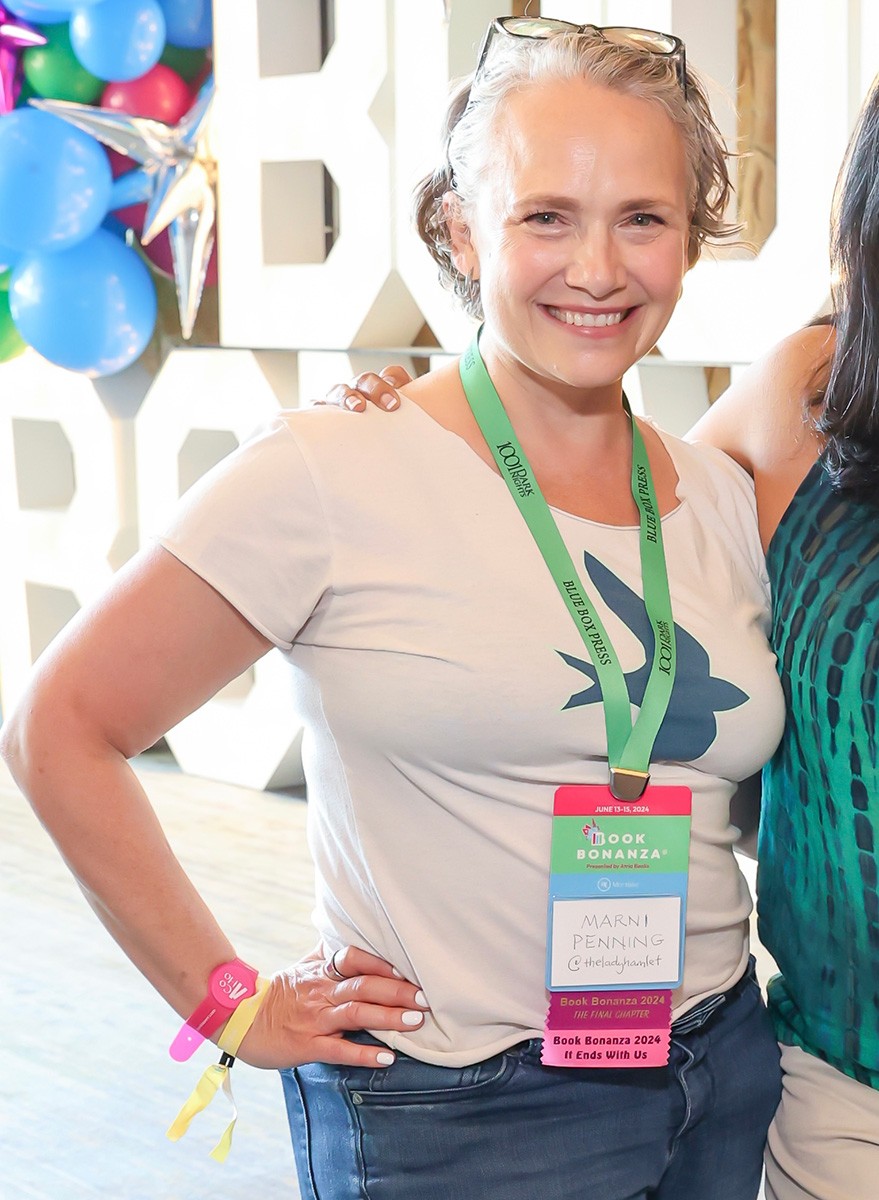
The results for everyone differ, but many people dropped weight after cutting out sugar from their diet. Coleman says she lost 20 pounds, and although her weight has plateaued, she feels better than ever. “I have a sedentary job, and I barely exercise at all,” she states. “Whenever I crave sugar or sweet foods, I know it’s because I haven’t eaten. Fruit tastes very sweet to me now. Anything with natural sugars is like candy.”
RELATED: Over 40? Avoid These Diet Mistakes!
Wilson Also Lost a “Substantial Amount of Weight”
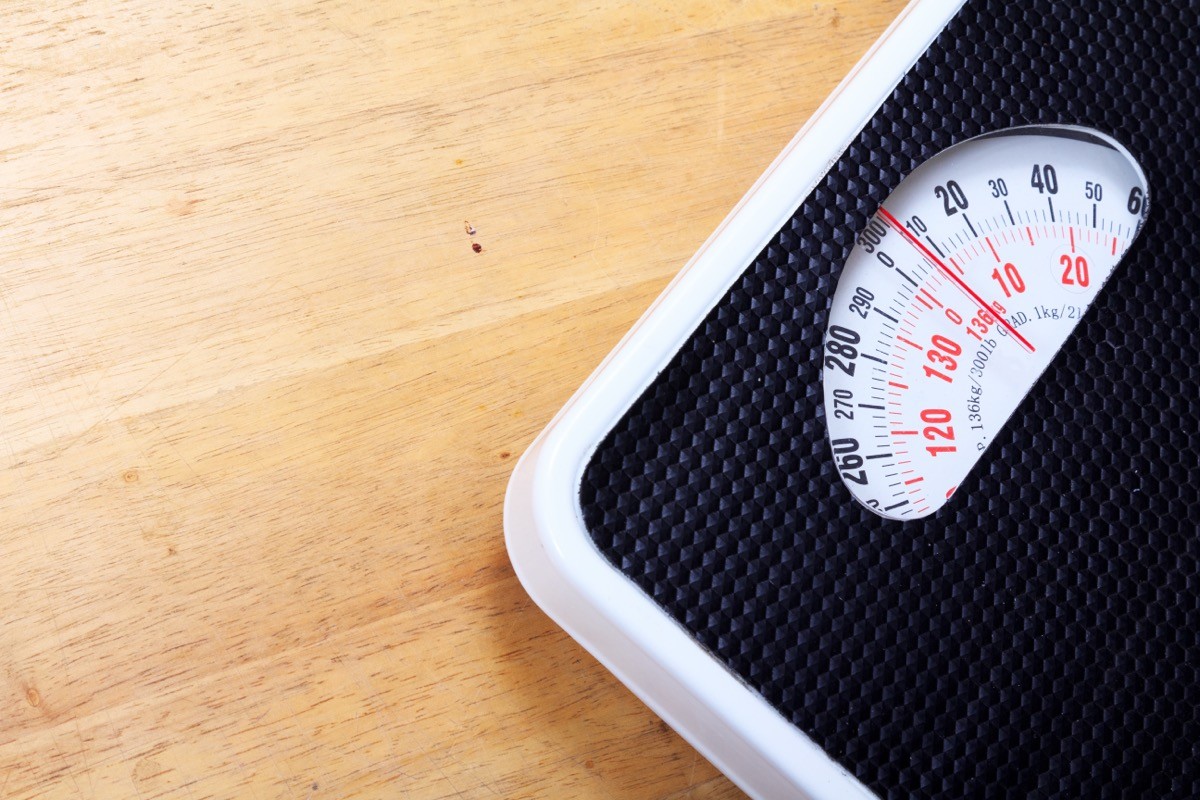
He shares, “I typically weighed around 195 pounds, with an athletic build. After giving up sugar, my weight dropped to 165 pounds, and eventually, I stabilized around 180 pounds as I reintroduced more food and got back into a regular workout routine. The weight loss wasn’t just about aesthetics; it was about feeling lighter and healthier.”
The Results Were Invigorating

After just 30 days of not eating sugar, Julia Moroz, recipe developer at HitMeal, noticed significant changes to her overall health. “Physically, I had a sense of cleanliness,” she says. “I felt lighter in my body throughout the day, and the bloating I used to experience almost disappeared. My teeth naturally got cleaner, and my skin condition was noticeably refined—I had no irritation or redness on my face the entire month.”
My Mental Well-Being Improved

“By the third week, my energy levels were much more stable, and I was more alert, productive, and active in the afternoons and later in the day,” she shares. “Sleep quality also improved as I started sleeping deeper and waking up feeling more rested and enthusiastic.”
Emotionally, I Felt the Impact of Not Eating Sugar

“I felt more relaxed and, honestly, happier,” Moroz says. ” While sugary foods trigger the release of feel-good hormones like serotonin and dopamine—which is why so many people, myself included, reach for sweets when feeling down—the boost is very temporary, and a couple of hours later, you’re often left feeling even worse.” She adds, “When you remove these ups and downs, your natural mood regulation improves, and you end up feeling generally better without relying on stimulators like sugar.”
RELATED: Jillian Michaels’ Tips for Faster Fat Loss.
How to Give Up Sugar
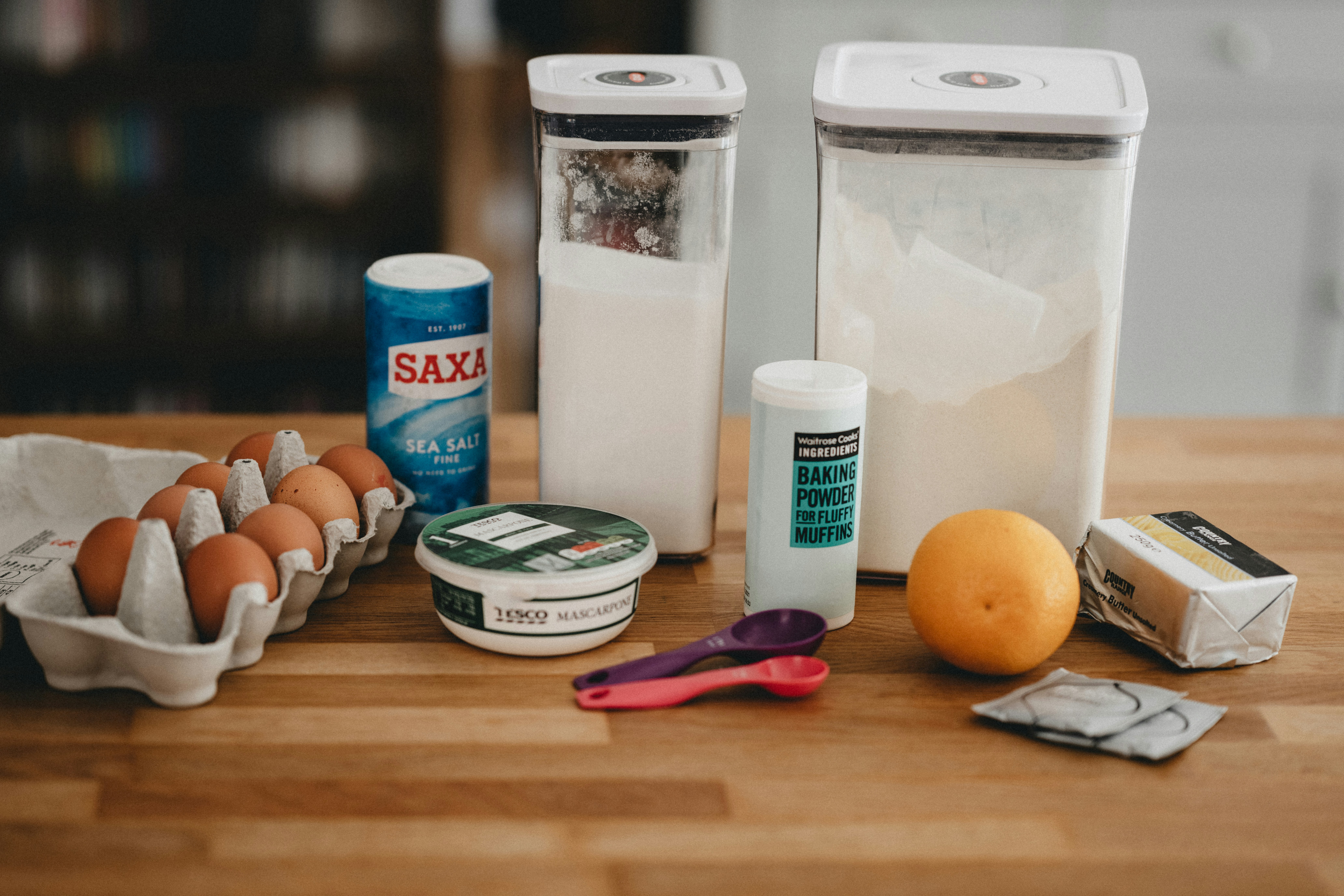
Cutting sugar out of your diet can feel daunting, but with the right strategies (or with a proven plan like Zero Sugar Diet), it’s entirely doable. Start by gradually reducing your sugar intake instead of cutting it all at once. Swap sugary drinks like soda or sweetened coffee for water, herbal teas, or black coffee. Focus on whole foods, such as fruits, vegetables, and lean proteins, which help keep you full and reduce cravings. Read labels carefully to avoid hidden sugars in processed foods like sauces and snacks. Keeping healthy snacks like nuts, seeds, and yogurt on hand can help curb cravings for sweets.
Temporary Downsides

While cutting out sugar can be beneficial, it’s important to be prepared for potential withdrawal symptoms. Many people experience headaches, irritability, or fatigue in the early days of eliminating sugar. These symptoms are usually temporary, but it can be helpful to reduce sugar gradually to ease the transition. Knowing what to expect will make the process easier and ensure you stay on track. Plan for potential withdrawal symptoms by staying hydrated and getting enough sleep to support your body during the transition. With these small but effective changes, you’ll be on your way to successfully cutting sugar from your diet.